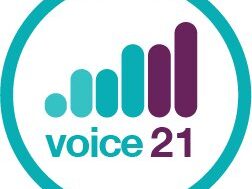An introduction to retrieval practice
To help our pupils learn, we need to consider an important question: how can we ensure that information is transferred to long-term memory and stays there? A number of experiments following Hermann Ebbinghaus’ study on memory and forgetting in the late 19th century have found that new learning is very quickly forgotten. Therefore, a central challenge to improving the way we learn is in finding a way to interrupt the process of forgetting.

Retrieval describes the process of bringing something to the front of your mind, from your long-term memory into your working memory for active processing. Imagine racking your brain, trying to remember the answer to a question that you are sure you know. It is this process of thinking hard to try and recall information that strengthens memory and learning. In the classroom, retrieval practice most commonly takes the form of low-stakes testing as a way to review previously learned material. If we do this regularly, we can effectively interrupt the process of forgetting.
‘The ‘testing effect’, widely referred to now as ‘retrieval practice’, is a well-known psychological phenomenon whereby people remember things better if they are tested on them. The benefits don’t stem simply from getting feedback on right or wrong answers – although that can help too. It appears that the process of retrieving information from memory actually helps it to be consolidated. In other words, a test can make the memory more secure and less likely to be forgotten.’ (Firth et al. 2017)
In this video, we hear from Jonathan Firth, Teaching Fellow in Psychology with an introduction to retrieval practice. As you watch, consider:
- What are some of the key principles of retrieval practice that might be helpful to you?
- What could you explore further for your own context?
[mycred_video id=”375921932″]
References
Firth J (2018) The Application of Spacing and InterleavingAn approach to learning where, rather than focusing on one p Approaches in the Classroom. Available at: https://impact.chartered.college/article/firth-spacing-interleaving-classroom/ (accessed November 2019)


